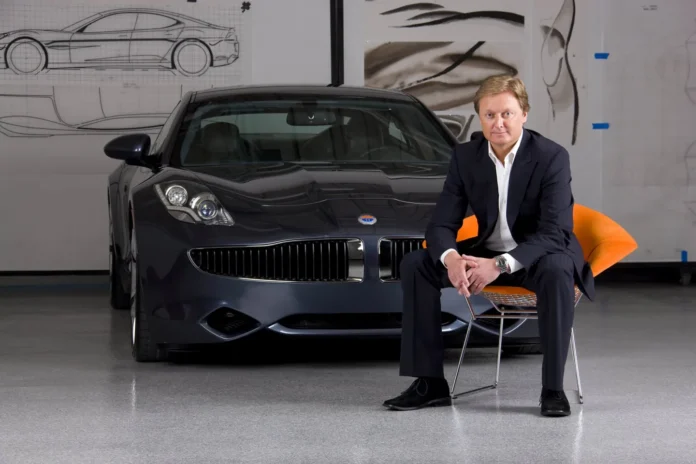Fisker Inc., the electric vehicle (EV) startup founded by renowned designer Henrik Fisker, has filed for Chapter 11 bankruptcy protection, marking a significant downturn for the California-based company. The move comes after months of struggling with numerous issues surrounding its flagship vehicle, the Ocean SUV, including recalls and multiple legal challenges under lemon laws.
The company, which filed in the Delaware Court, had been attempting to negotiate a deal with another automaker in a final effort to salvage its operations. According to the bankruptcy filing, Fisker estimates its assets to be between $500 million and $1 billion, with liabilities ranging from $100 million to $500 million. The filing also indicates that Fisker has between 200 and 999 creditors, including major entities like SAP, Adobe, Salesforce, and Ansys.
Fisker’s troubles began shortly after the launch of its Ocean SUV, plagued by a series of software glitches and mechanical failures reported by customers. Internally, the company faced challenges in managing customer service and financial operations, exacerbating its difficulties.
Despite efforts to conserve cash through layoffs and operational changes, including a shift away from direct sales to a dealer model, Fisker struggled to sustain its business model effectively. The company, which relied on contract manufacturer Magna to produce its vehicles, managed to deliver only a fraction of its projected output.
In a statement, Fisker acknowledged the industry-wide challenges faced by EV makers, including cash flow constraints, fundraising hurdles, and supply chain disruptions, which have collectively impacted its ability to operate efficiently.
Looking ahead, Fisker intends to pursue a sale of its assets under Chapter 11 bankruptcy proceedings, while also exploring debtor-in-possession financing with financial stakeholders. The company remains optimistic about finding a path forward despite the setbacks, highlighting ongoing discussions with potential partners and stakeholders.
The bankruptcy filing underscores the broader challenges within the EV industry, where startups face intense competition, regulatory scrutiny, and significant operational complexities. Fisker’s case joins a list of EV companies, including Proterra and Lordstown, that have encountered financial distress in recent years amid ambitious growth targets and market uncertainties.
For Henrik Fisker and his namesake company, the path to recovery will depend heavily on securing new investments and strategic partnerships to navigate the evolving landscape of electric mobility.

